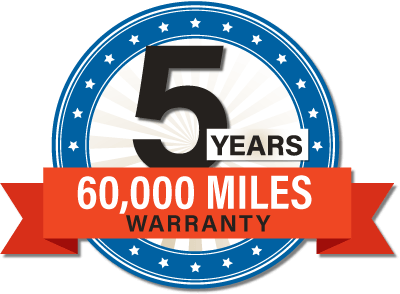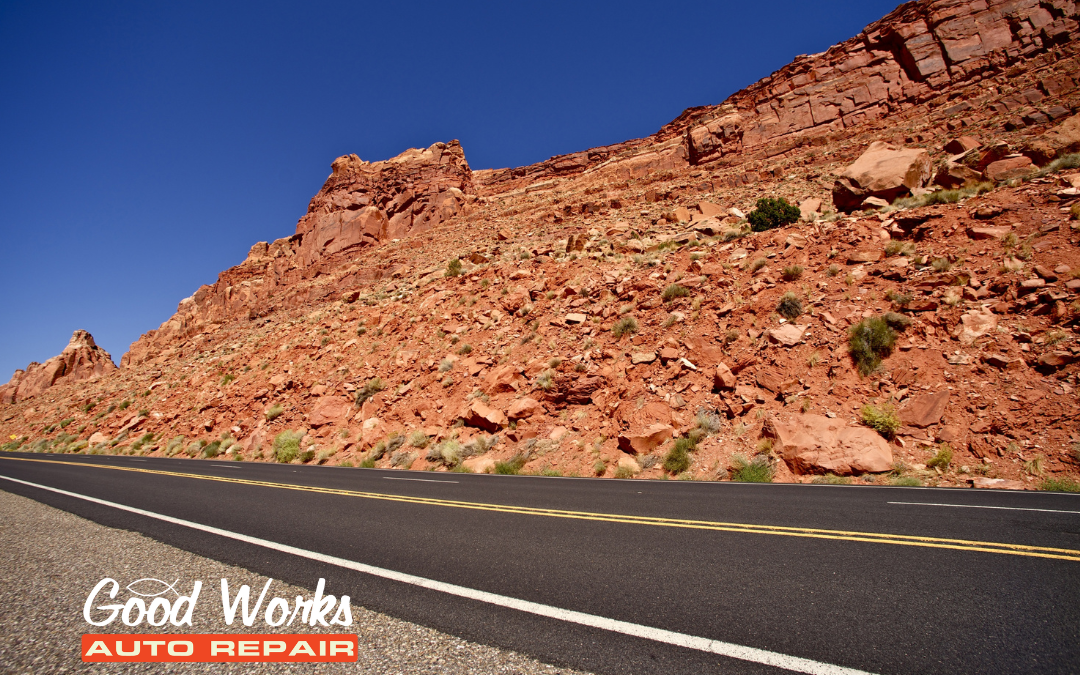It may not be the most common auto repair that our repair shop sees here in Arizona, but we have had some instances where drivers needed us to help after water damage to their vehicle. In many parts of the country, heavy rains have taken a toll on vehicles. From water inside the garage to severe floods covering entire vehicles, water damage is a serious concern for the cosmetic state and performance of your car.
First Signs of Water Damage
The Car Care Council always has great recommendations that align with what our mechanics also recommend in this situation. What should you do if you suspect that your vehicle could have some water damage and may need to be looked at? First, check the carpets and upholstery for dampness. If they are wet, your vehicle needs professional attention. Letting it dry alone will allow for mildew growth and terrible odors. Be sure your repair shop will also check the seat brackets, motors and modules for rust and proper performance.
Then, you should make sure that your technician pulls the engine oil and transmission fluid dipsticks and differential plug. If the fluid appears milky, diluted, is no longer its original color or is beige in color, then it is likely the pans contain water. This should not be done by someone who isn’t a trained professional. If you get to the point where you’ve checked this yourself, have your car towed to your local repair shop. Never drive a vehicle with water – it will damage the internal parts or create some major and costly issues. Let your professional automotive technician make the calls if you’re unsure.
Where Else Should You Look
There are also some other things you should check; make sure your air filter is not wet. If it is, replace it and change the oil. Check the undercarriage, bumpers, radiator area and frame for mud, grass, dirt, debris, and rust. See something? Wash and clean as soon as it is possible. Have your brakes checked by a professional. Check exterior lights for moisture. If you see water, your headlights or bulbs should be replaced.
Finally, listen for abnormal noises when the engine is running. Relay this information to a professional. Make sure to give a little extra attention to your alternator, serpentine belt, starter, power steering unit, air conditioner and wheel bearings.
None of this information is meant to scare you, but you should be aware of the severity of a car which may have water damage. The best thing you can do is to let your trusted repair shop check things out. Make an appointment with us today and let’s make sure your vehicle is safe!





